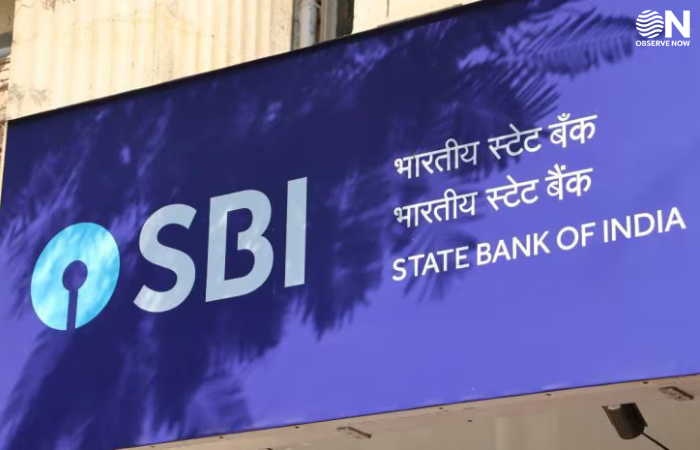India’s SBI Completes ₹25,000 Crore Share Sale to Boost Capital Base

State Bank of India, the nation’s largest lender, has successfully raised ₹25,000 crore through a share sale to institutional investors, marking its first equity fundraising in eight years. The move involved issuing 306 million shares at a price of ₹817 per share, slightly below recent market levels, signaling strategic pricing to ensure broad subscription.
The Qualified Institutional Placement attracted strong interest, with bids exceeding the issuance volume by more than four times, highlighting renewed investor confidence in SBI’s growth trajectory and financial positioning. Among major subscribers was the state-run Life Insurance Corporation of India, which acquired shares worth ₹5,000 crore, raising its stake to 9.49% from 9.21%.
SBI’s capital-raising initiative comes on the back of healthy first-quarter performance, with the bank reporting improved asset quality and stable earnings. Prior to the QIP, SBI had secured board approval to issue up to ₹20,000 crore in Basel III compliant bonds during fiscal 2026, highlighting its comprehensive approach to strengthening its capital base.
Analysts view this fundraising as a proactive move by SBI to bolster its Common Equity Tier 1 (CET-1) capital ratio in preparation for expanding operations and absorbing future credit demand. Demand for credit from both retail and corporate sectors is expected to rise, and SBI aims to maintain strong capital buffers to support this momentum.
Market reaction has been muted but positive. SBI shares rose approximately 1.3–1.7% following the QIP announcement, suggesting investor approval of the capital strategy and optimism around future lending growth.
This share sale forms part of a broader government-driven capital mobilization effort among India’s state-owned banks. In the current financial year, public sector lenders are set to collectively raise nearly ₹45,000 crore through equity and bond offerings. Experts say the move reflects a concerted push by both regulators and banks to address capital needs and ensure stability amid rising competition and opportunity in the banking sector.
With robust subscription levels, strategic investor participation, and simultaneous bond funding, SBI’s move underlines its commitment to prudent capital management. As the banking sector gears up for acceleration in lending and financial inclusion, SBI appears well-equipped to play a central role in India’s economic growth journey.
















